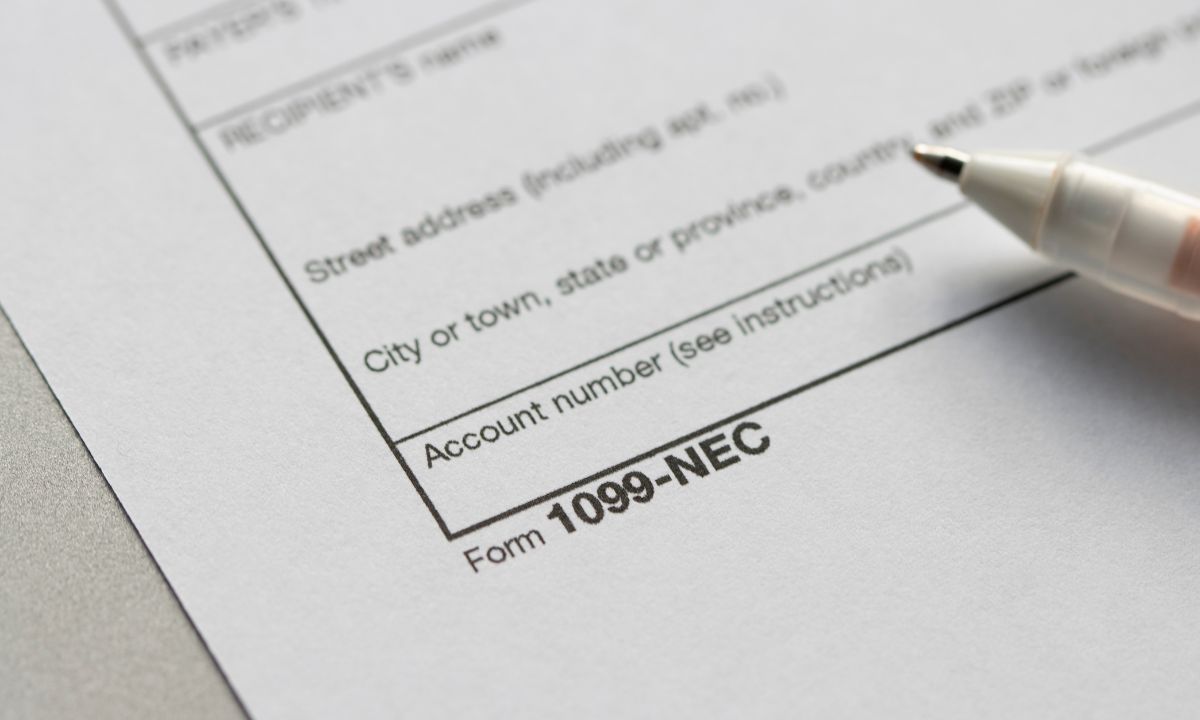 For self-employed professionals, the mortgage process can feel like passing through a maze, fraught with challenges and uncertainties. Traditional lending standards often favor individuals with stable, predictable incomes, leaving entrepreneurs and freelancers in a precarious position. However, there’s a solution gaining traction in the mortgage industry: Non-Qualified Mortgages (Non-QM). We’ll explore how self-employed individuals can successfully navigate the mortgage landscape, leveraging non-QM lending to their advantage.
For self-employed professionals, the mortgage process can feel like passing through a maze, fraught with challenges and uncertainties. Traditional lending standards often favor individuals with stable, predictable incomes, leaving entrepreneurs and freelancers in a precarious position. However, there’s a solution gaining traction in the mortgage industry: Non-Qualified Mortgages (Non-QM). We’ll explore how self-employed individuals can successfully navigate the mortgage landscape, leveraging non-QM lending to their advantage.
Understanding Non-QM Lending
Non-qualified mortgages represent an alternative to the stringent criteria of Qualified Mortgages (QM). While QM loans adhere to strict guidelines set forth by the Consumer Financial Protection Bureau (CFPB), Non-QM loans offer more flexibility in underwriting criteria. This flexibility is particularly beneficial for self-employed professionals whose income may fluctuate or not fit neatly into traditional documentation standards.
Documenting Income
For self-employed individuals, documenting income is often the biggest hurdle when applying for a mortgage. Unlike salaried workers who can provide W-2 forms, entrepreneurs must demonstrate their income through other means. Here are some key documents that can help verify self-employment income:
Tax Returns: Lenders typically request two years of personal and business tax returns. This provides a comprehensive overview of your income and expenses over time.
Profit and Loss Statements: These documents offer a snapshot of your business’s financial performance. They should align with the information presented in your tax returns.
Bank Statements: Providing bank statements can corroborate the income and expenses reported in your tax returns and profit/loss statements.
1099 Forms: If you receive income from clients or contracts, 1099 forms can serve as additional evidence of your earnings.
Managing Tax Considerations
While maximizing deductions can reduce taxable income, it can also diminish the apparent income lenders use to evaluate mortgage applications. Self-employed individuals often face a delicate balancing act between minimizing taxes and showcasing enough income to qualify for a mortgage. Here are some strategies to consider
Stabilize Income: Lenders prefer consistent income streams. If your income fluctuates, consider strategies to stabilize it, such as diversifying revenue streams or securing long-term contracts.
Minimize Deductions: While deductions are essential for reducing tax liability, excessive write-offs can lower your qualifying income for a mortgage. Work with a tax professional to optimize deductions while maintaining a healthy income profile.
Delayed Write-Offs: Consider delaying certain deductions in the years leading up to a mortgage application. This can temporarily inflate your income, improving your chances of mortgage approval.
Creditworthiness: In addition to income, lenders consider credit history when evaluating mortgage applications. Maintain a strong credit profile by managing debts responsibly and addressing any negative marks on your credit report.
Embracing Non-QM Lending
Non-QM loans offer a lifeline to self-employed professionals who struggle to meet the stringent requirements of traditional mortgages. These loans take a more holistic approach to underwriting, considering factors beyond strict income documentation. While interest rates may be slightly higher, Non-QM loans provide the flexibility and accessibility that many self-employed individuals need to achieve homeownership.
Securing a mortgage as a self-employed professional presents unique challenges, but it’s far from impossible. By understanding the nuances of non-QM lending and taking proactive steps to document income and manage tax considerations, entrepreneurs can increase their chances of mortgage approval. Remember, each lender may have different criteria and preferences, so it’s essential to shop around and find the right fit for your financial situation. With diligence and strategic planning, homeownership can be within reach for self-employed individuals navigating the complex world of mortgages.

